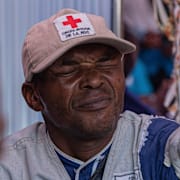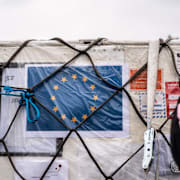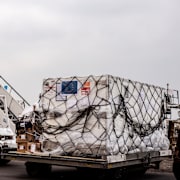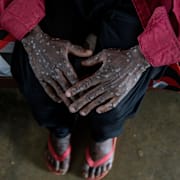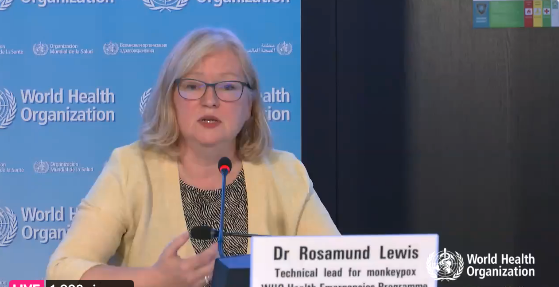
WHO: ”Diskriminering lika farligt som viruset”
Alla insatser mot apkoppor ska göras med respekt för människors värdighet och mänskliga rättigheter. Det upprepade experterna gång på gång vid WHO:s presskonferens på lördagen där utbrottet klassades som ett internationellt hälsonödläge.
98 procent av de rapporterade fallen av apkoppor finns i gruppen män som har sex med män.
– Stigma och diskriminering kan vara lika farligt som viruset, sa WHO:s generaldirektör Tedros Adhanom Ghebreyesus.
Den tekniska experten Rosamund Lewis från WHO sa att om människor upplever sig förföljda och utpekade kan det leda till att de undviker att vaccinera eller testa sig och söka vård. Hon drog också paralleller till hivepidemin.
– Vi vänder oss till individer och organisationer för att arbeta tillsammans mot den här sjukdomen för att skydda sig själva och samhället. Det är så vi ska få slut på det här utbrottet, sa Rosamund Lewis.
